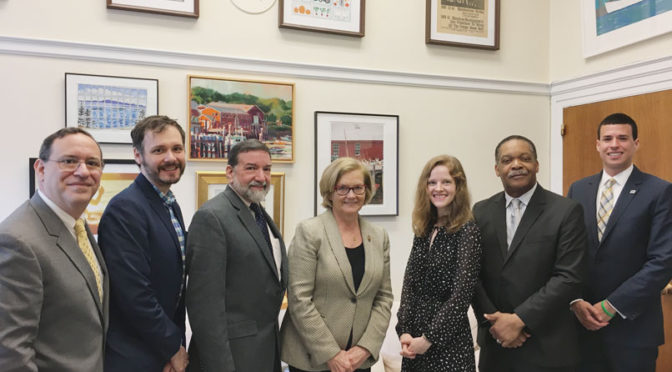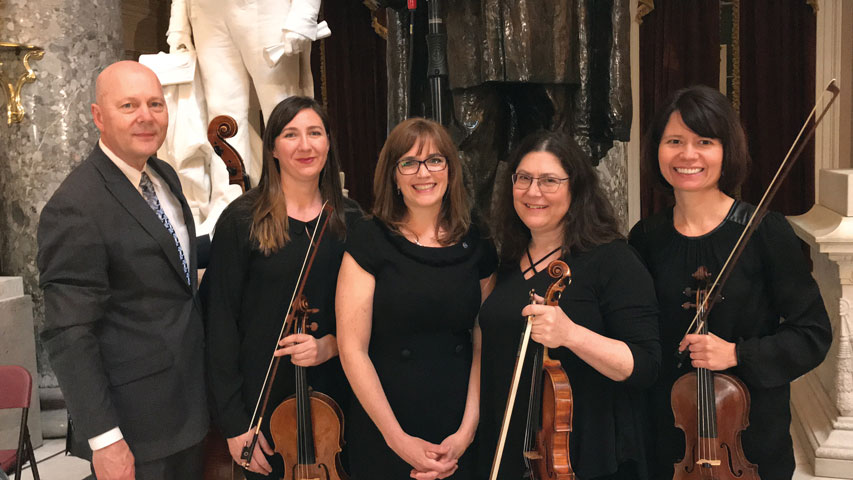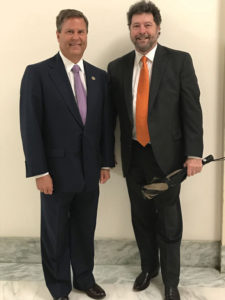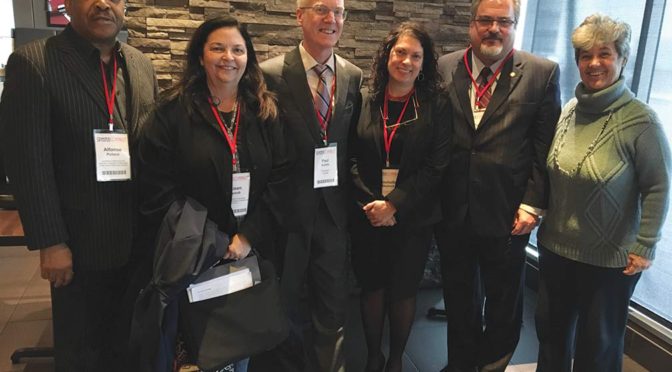AFM-Employers Pension Fund (AFM-EPF) trustees urgently ask that each of you contact your member of Congress right away to express your support for a fix to our multiemployer pension plan through the Butch Lewis Act (S. 2147). Congress, specifically the Congressional Joint Select Committee on Solvency of Multiemployer Pension Plans (JSC), is currently in the research stage, looking into language to fix troubled multiemployer pension plans. It is vitally important that they hear from each of you now. Be sure to include your story about how critical the plan is to you as a working musician.
As noted in the August International Musician (page 8-9), in formulating a plan of action to best mobilize our pension participants, the AFM-EPF recently launched a webpage to connect fund participants with their members of Congress, as well as with Joint Select Committee members.
To help us protect our pension plan we ask you to take the following two actions.
1) Tell your member of Congress how important your multiemployer pension plan is to you and that you support the Butch Lewis Act. Visit https://afm-epf.org/Congress.aspx where you can
- learn about the Joint Select Committee
- identify your members of Congress
- plan what to say (language is posted for your
convenience)
- call your members of Congress
- email your members of Congress and the JSC
- schedule a meeting with your members of Congress in their district/home state offices
2) Register at https://afm-epf.org/Registration.aspx to receive the Pension Fund Notes newsletter, which includes regular updates on the progress of the congressionally mandated JSC.
It is important that multiemployer pension funds, participants, unions, and employers all present a united front in demanding a solution from the Joint Select Committee.
If you have not taken action or registered on the official AFM-EPF website, we urge you to do so today! This will give you access to the latest activity while keeping you abreast of proposals and actions by the JSC. Acting on rumors coming from unofficial, non AFM-EPF sources relating to this critical legislative project can skew the official AFM message and have a very damaging effect on our goal to put you and your interests first. Thanks again for your support and for your AFM membership.


















